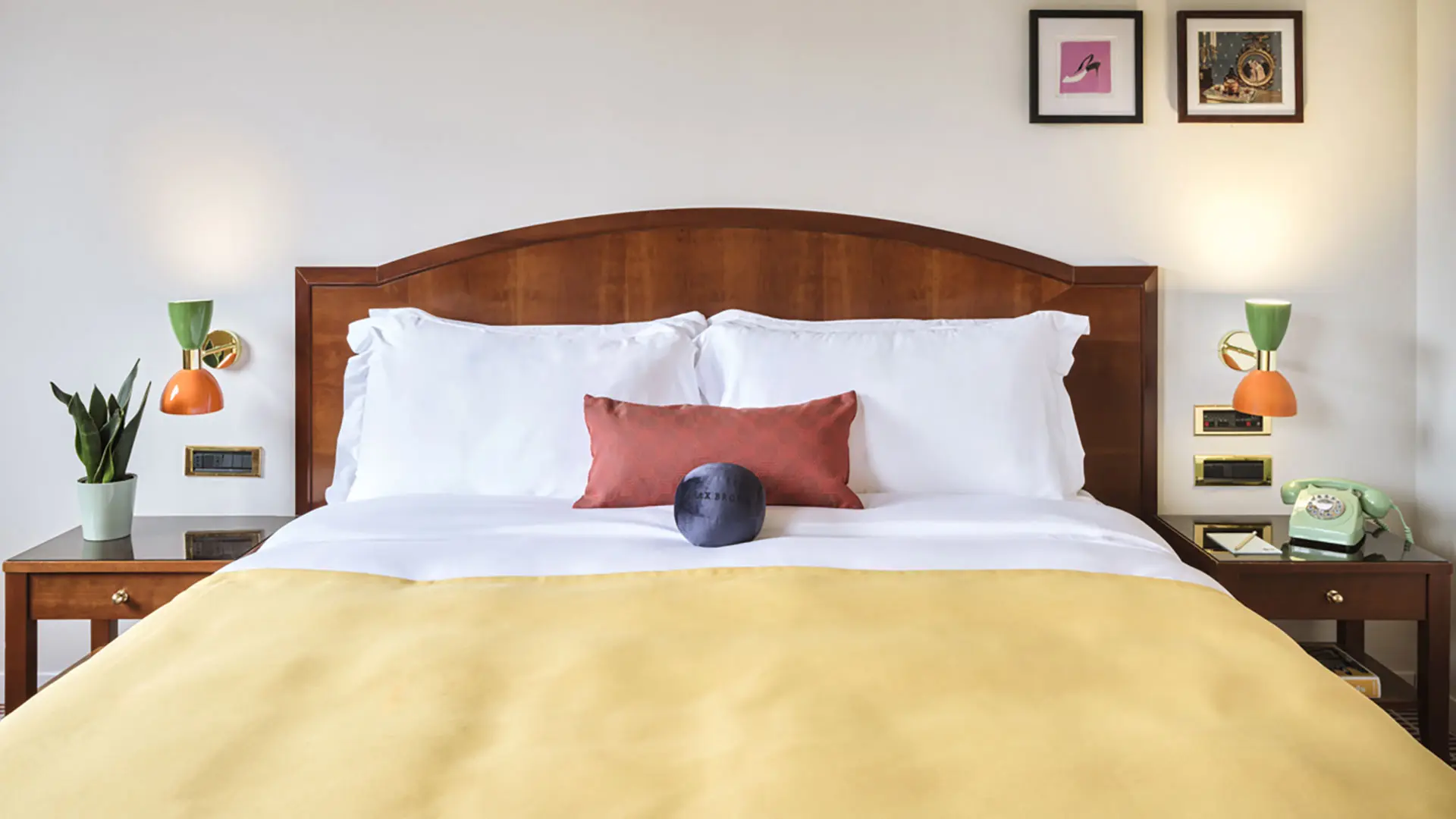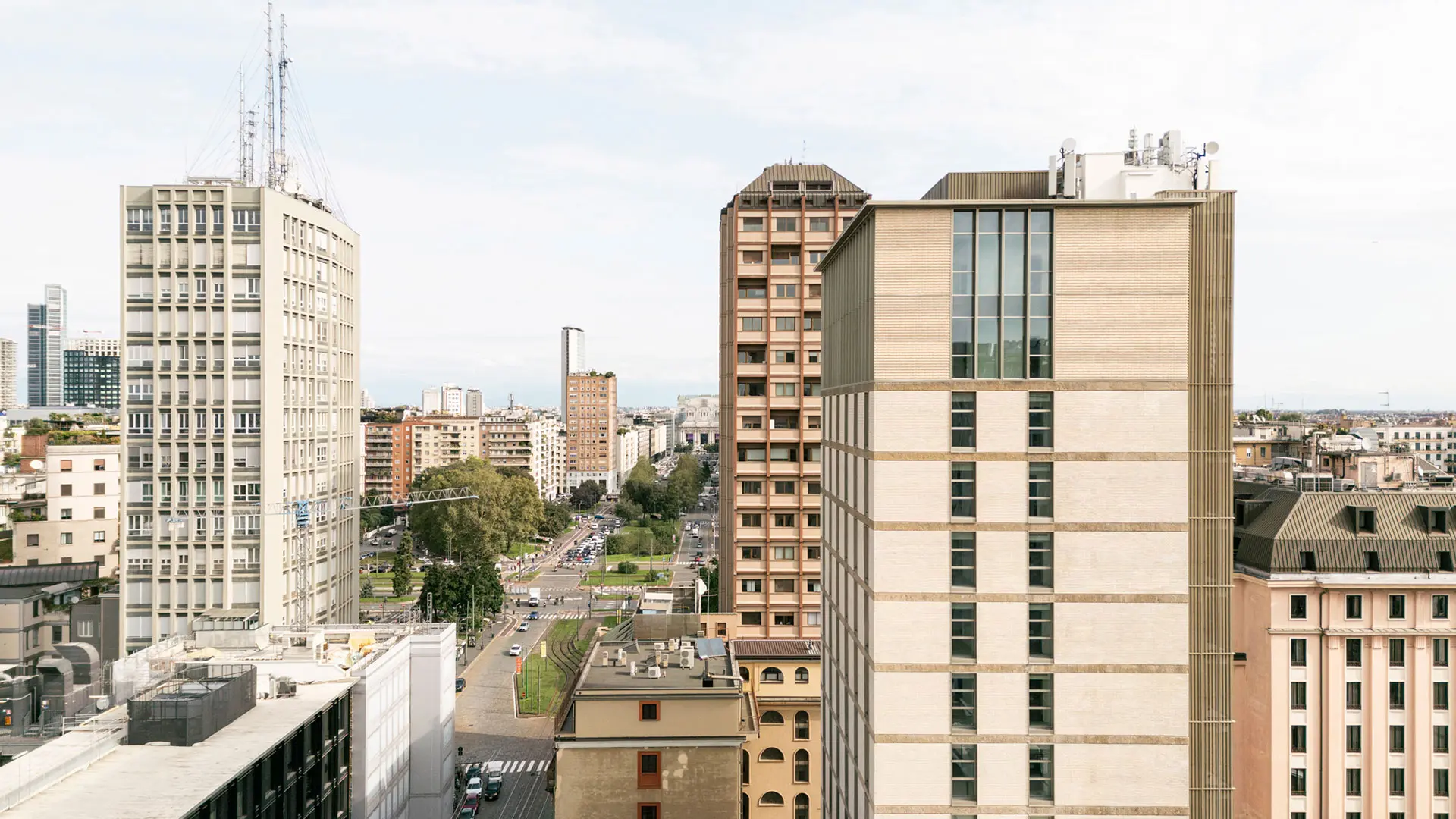In partnership with MiCodmc, a selection of establishments ripe for discovery during the 63rd edition of the Salone del Mobile.Milano, from 8th to 13th April
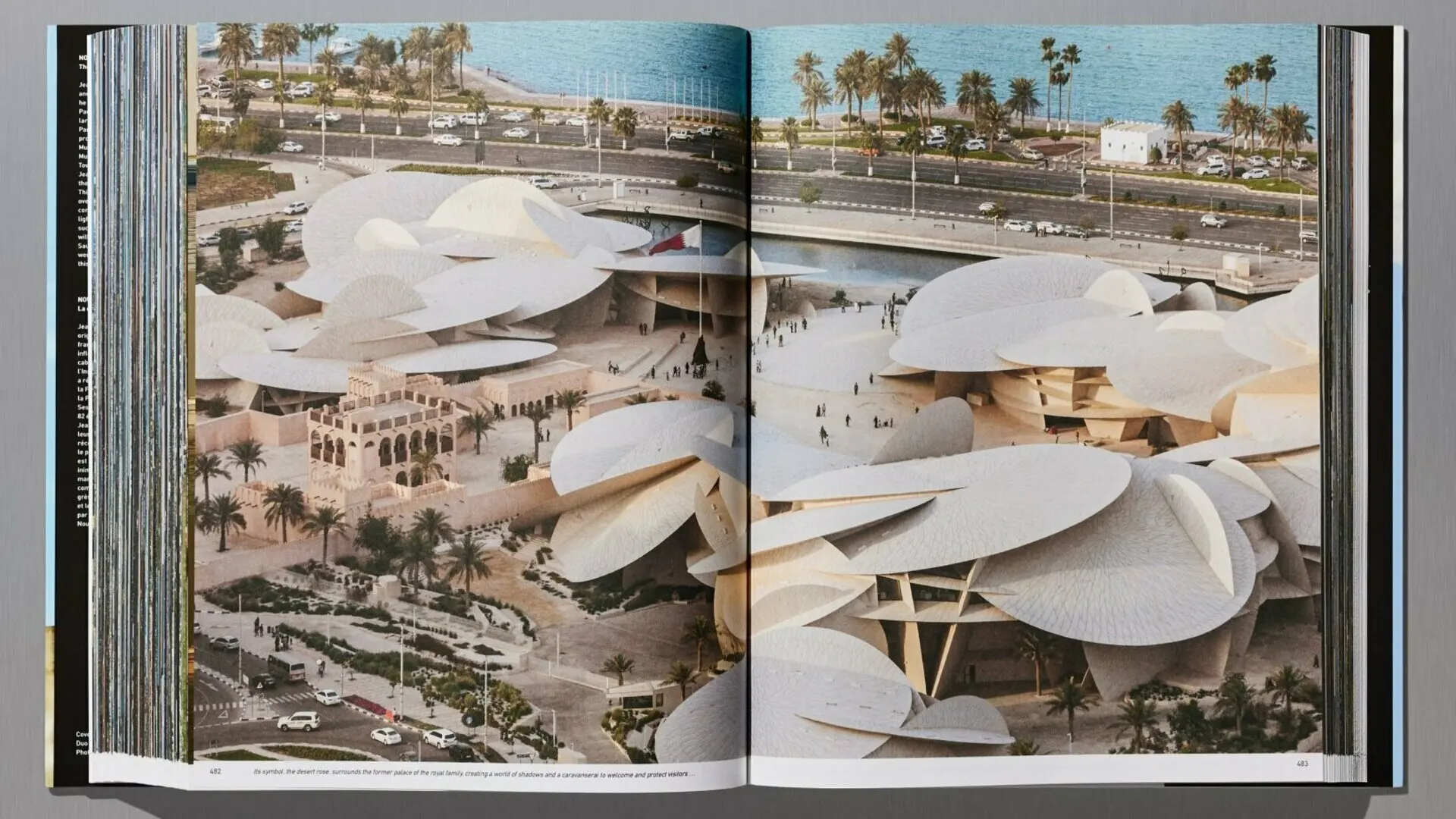
Jean Nouvel by Jean Nouvel. 1981-2022
The Pritzker Prize-winner Jean Nouvel, the multidisciplinary Faye Toogood, the provocatory Cinzia Ruggeri and the pioneering landscape architect Beatrix Farrand. Tales of their lives and works
Jean Nouvel by Jean Nouvel. 1981–2022
This is an auto-monograph by 2008 Pritzker Prize-winner Jean Nouvel, the first architect to adopt this particular publishing formula, previously trialled in his earlier volume, which came out the same year as he was awarded the Oscar of the architectural world. Now brought up to date, with graphic design and images curated by Nouvel himself, the book spans the entire oeuvre of this “giver of forms” – from the project that launched his career – the Arab World Institute – to those that cemented it – the Cartier Foundation and the Philharmonic in Paris, the Reina Sofia Museum in Madrid, the Louvre in Abu Dhabi – right up to those in progress – the Ecotone real estate project in the Sophia Antipolis technology park in Antibes, and the Sharaan Desert Resort in the Al-’Ula desert in Saudi Arabia, a luxurious hotel carved out of the sandstone rock.
Almost 800 pages, more than 25 recent projects and new photographs, including some of his key projects such as that for the Serpentine Gallery with its bold red geometric structures. The book opens with a piece by Philip Jodidio, in which he poses the question: “architect, builder or dreamer?” The answer comes in the closing sentence: “He does not leave viewers indifferent – and that, too, is a sign that, in his hands, architecture is an art”.
Title: Jean Nouvel by Jean Nouvel. 1981–2022
Edited by: Jean Nouvel
Author: Philip Jodidio
Publisher: Taschen
Published: 2022
Pages: 784
Language: English and French
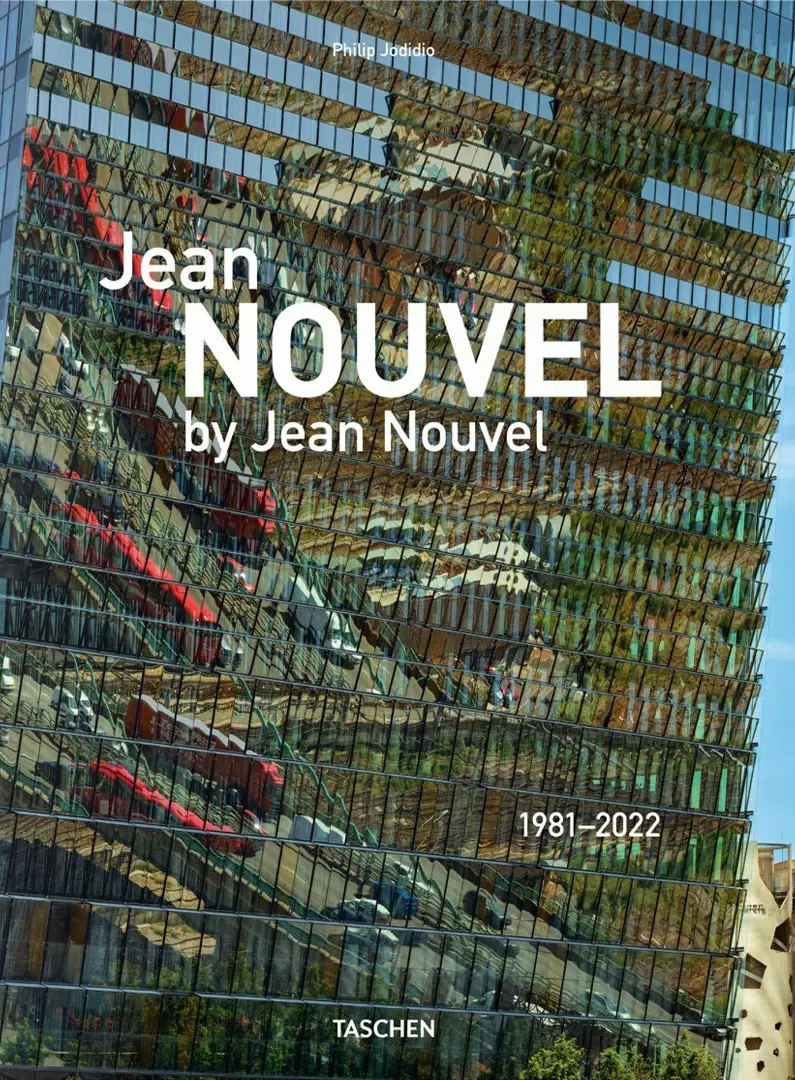
Cinzia Ruggeri: Cinzia says…
Ironic and provocatory, elegant and unpredictable, Cinzia Ruggeri was an artist, stylist and designer in perpetual metamorphosis. This first ever monograph is a “broad, expanded chronology” from her first steps in art through to her death in 2019.
A piece by Dino Buzzati accompanied her artistic debut in 1960, at the age of 17 at the Galleria del Prisma. She then became interested in fashion which led her, after various experiences, to create the Bloom brand and to her collaboration with Punch, collections that were to be shown together on the Milanese catwalks as of 1977. Then came the Cinzia Ruggeri collection, followed by Uomo Cinzio Ruggeri, an experiment that lasted only two years. This account of the artist’s imaginative world – the patent for the Liquid Crystal Dress capable of responding to and “clothing emotions,” to the shower chair and the earring with a quail’s egg – is accompanied by scientific research and in-depth exploration, plenty of archive material, statements from people closely involved with her – from Valeria Magli to Corrado Levi – and numerous critical essays.
The publication was made possible thanks to the Italian Council programme promoted by the Directorate-General for Contemporary Creativity of the Italian Ministry of Culture, on the occasion of the first major retrospective dedicated to the artist – at MACRO in Rome and then at the Goldsmiths Centre for Contemporary Art in London (until 12th February 2023).
Title: Cinzia Ruggeri: Cinzia says…
Edited by: Luca Lo Pinto
Texts by: Mariuccia Casadio, Elena Fava, Maria Luisa Frisa, Corrado Levi, Luca Lo Pinto, Valeria Magli, Giancarlo Maiocchi, Sarah McCrory, Marco Poma and Andrea Gianotti, Mauro Sabbione, Anna Franceschini and Davide Stucchi, and Jeppe Ugelvig
Publisher: Mousse Publishing
Published: 2022
Pages: 416
Language: Italian and English
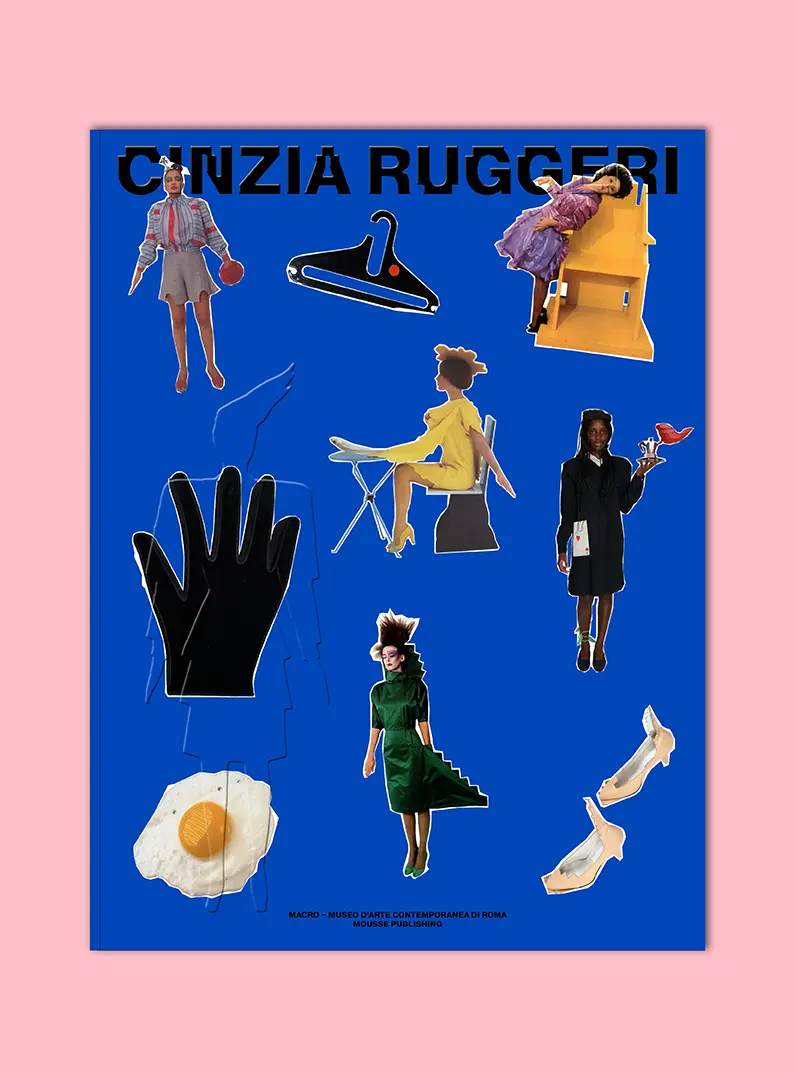
Faye Toogood: Drawing, Material, Sculpture, Landscape
A journey into the creative process of the multidisciplinary British artist. With a degree in History of Art, and an 8-year stint as Interiors Editor at The World of Interiors, Faye Toogood set up her London studio in 2008, working on interior design, furnishing accessories, art and fashion. Her keywords are materiality and experimentation. The result is a sculptural, joyful and poetic body of work, from which the desire to create freely, without a particular result in mind emerges.
This monograph, the first ever devoted to her, is split into the four parts through which she expresses her vision and her philosophy: drawings, materials, sculptures and landscape. Furnishings, installations for brands such as Ikea and Selfridges, retail spaces for Mulberry, Hermès and Carhartt WIP in London and collections of various apparel crisscross the pages. Three appendices at the end of the book are variously devoted to the Assemblages, works that express the intimate creative process rather than the end results, to fashion production and to her commissions for the National Gallery di Victoria, “a culmination of many years of work and the only way I can describe it is, for me it’s a total work”. It consists of textiles, furnishings, objects, painting and sculptures presented together for the first time. A tribute to her passion for craftsmanship and to the way in which objects forge people.
Title: Faye Toogood: Drawing, Material, Sculpture, Landscape
Edited by: Alistair O’Neill
Publisher: Phaidon
Published: 2022
Pages: 280
Language: English
Instagram: @Phaidonpress
Twitter: @Phaidon
Facebook: @Phaidoncom
Faye Toogood Instagram: @t_o_o_g_o_o_d
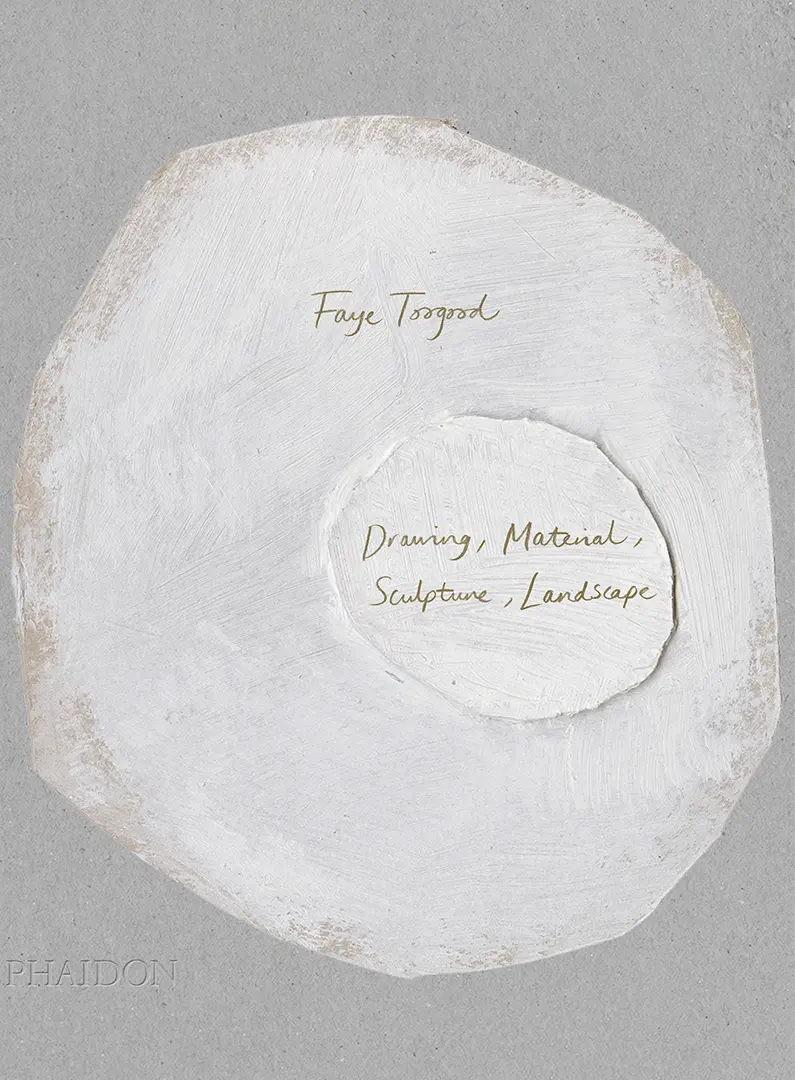
Beatrix Farrand. Garden Artist, Landscape Architect
The only woman among the 11 founders of the American Society of Landscape Architects in 1899, she was one of the leading early 20th-century landscape artists, although she liked to describe herself as a “landscape gardener”. Her gardens, which number over 200, are still being studied, restored and opened to the public today. The book, published to celebrate the 150th anniversary of her birth, is an in-depth study of her life and work, and a much-anticipated update to the 2009 edition. Niece of the famous writer Edith Wharton, Beatrix Farrand invariably worked for the New York high society to which she belonged and for prestigious universities such as Princeton and Yale. Her best-known design remains Dumbarton Oaks in Washington, originally a private residence and now a Harvard University research centre. She also designed many public gardens, ranging from the Santa Barbara Botanic Garden to the Peggy Rockefeller Rose Garden in New York, those at President Wilson’s White House and Garland Farm, her final home in Maine, where she died in 1959.
Her approach stands out for its valorisation of native plants, broad expanses of lawn bordered by trees and flowers. An early proponent of vertical gardens, designed to save space, she believed that: “A garden, large or small, must be treated in the impressionist manner.” There is a useful, comprehensive list of her work, including a list of those open to the public.
Title: Beatrix Farrand. Garden Artist, Landscape Architect
Author: Judith B. Tankard
Publisher: Monacelli
Published: 2022
Pages: 248
Language: English
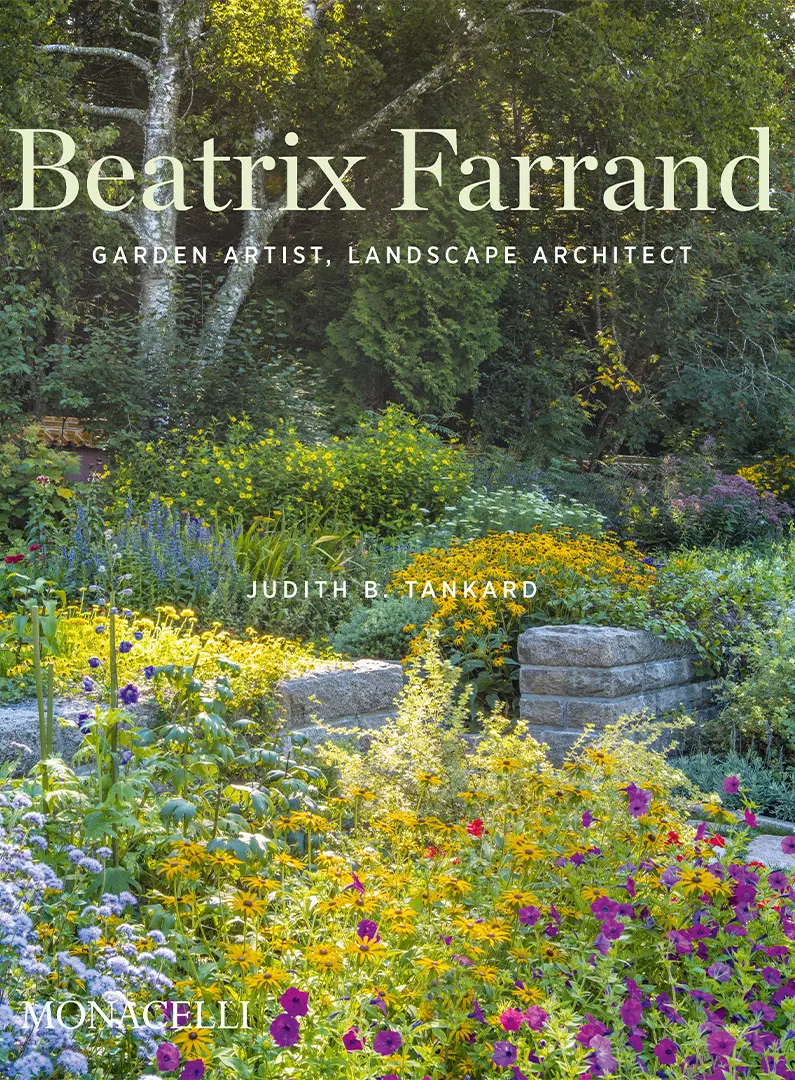


 Stories
Stories




